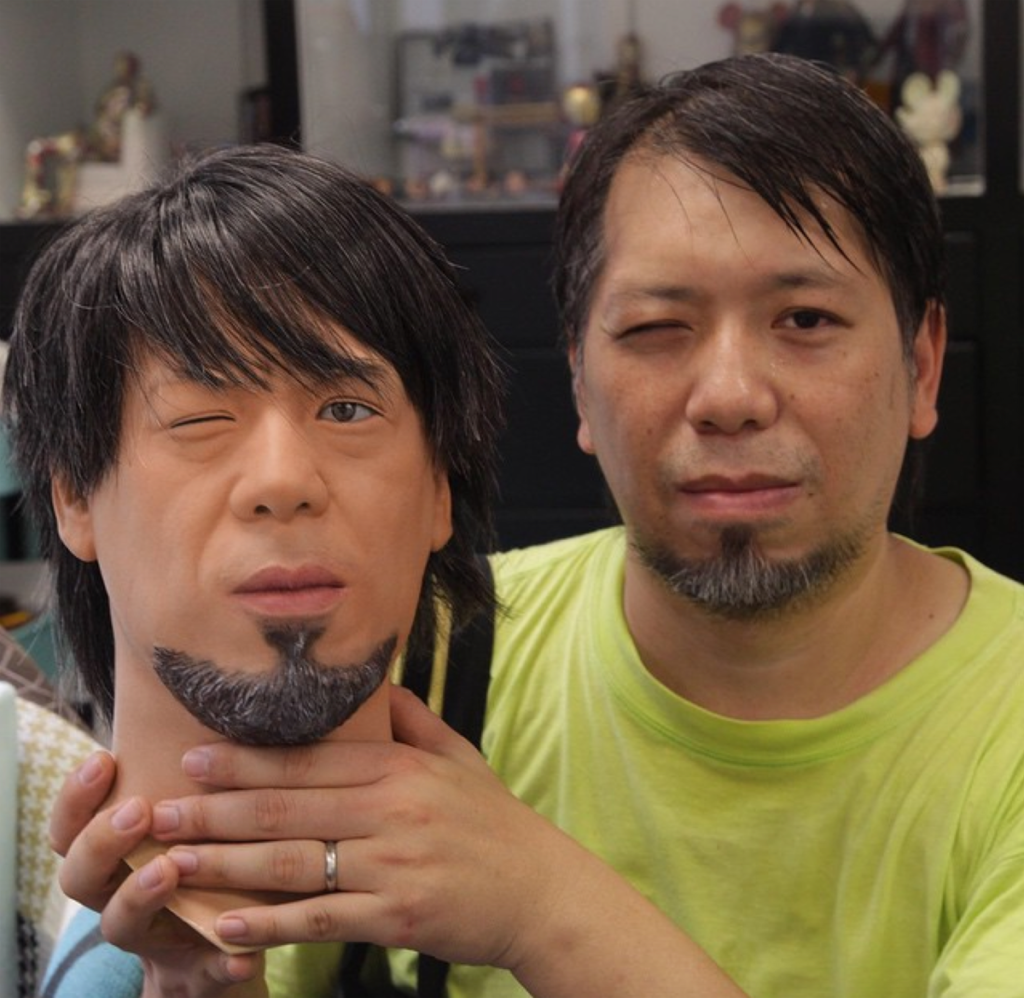With every new dawn, new technology is making changes to the way that we live our lives. It’s happening quite fast, also. If five years ago someone told you 3D printing a replica of yourself would cost only around US$380, you would probably shrug off and think that person was crazy.
We are stepping in uncharted territory when it comes to how much of our lives is really controlled and dictated by the technology we created; how much it has become an extension of ourselves. In this new reality, we are now fully immersed in, one question remains unanswered: is it possible for humans to keep any sense of privacy in the era of social media-oversharing and artificial intelligence?
I recently watched a video produced by Forbes, entitled “We 3D Printed Our Heads To Bypass Facial recognition Security And It Worked“. The video starts with the narrator announcing: “It is likely something is scanning your face somewhere, at some point in time when you’re out and about. Rather than kill your privacy, facial recognition on smartphones is supposed to protect your digital life.”. As the video progresses, they successfully unlock four out of five smartphones using a 3D printed head, proving that, although – perhaps – filled with best intentions, technology is failing us when it comes to assuring what’s left of our private life.
Photo: 3dprintingindustry.com
Equally mind-blowing – if you, like most people, tend not to overthink too much your use of technology and social media in particular – was the NY Times article I read a couple of days after watching that video. The article is called “Your Apps Know Where You Were Last Night, and They’re Not Keeping It Secret“, and it explores the fact that we, as customers, willingly volunteer all of our very personal information – including our whereabouts – at any given time.
It is true; we do give it all up in order to show off our perfect online personas on Facebook or cause general envy by posting a picture at that very instagrammable place. It’s all there: our likes, dislikes, what we eat, our political views, where we vacation, where we catch up with friends, what we shop, who our family members are, everything. As a ‘yang’ to that ‘yin’, things like anonymous question apps and cyberstalking (as portrayed in the Netflix’s series You) have become a mundane part of our culture, as acceptable as brushing our teeth every morning. In an attempt to steal back a little of that privacy we gave away, we have all become quite voyeuristic and well, creepy, in the way we hide behind our keyboards craving for the anonymity we so dismissively give up every day.
Photo: You, Netflix.
So, where do we stand? I keep asking myself. Technology advancements are something to be extremely excited about – think about how much we have accomplished just in the past decade – but does our human vanity have the power to drive us into a technological abyss?
Pop culture phenomenon TV series Black Mirror would indicate that yes, it could. For a couple of years, I’ve been hearing the words “black mirror world” creep into conversations in many different rooms; lawyers, people in media, psychologists, teachers, parents. In all of these conversations, two things seem always to come up: fear of technology ruling our lives – as if it doesn’t now – and excitement around what life could be like when we finally become The Jetsons – as if we haven’t already.
The way we understand our present and, more importantly, the way we envision our future – in my opinion – will have a lot to do with whether we end up slaves to the very thing we created to set us free. My hero – and the man I named my female dog after -, David Bowie, once said that “Tomorrow belongs to those who can hear it coming” and I cannot disagree with him. Approaches of futurism that solely focus on previsions based on emerging technologies cannot dictate the future we want for ourselves, after all, we are still in charge of what happens: we program the machines, we create the algorithms, we create the technology to serve us a purpose, to help us be exponential versions of ourselves. Becoming aware that it is possible to design futures in which we are happy and in control of our own lives is the first step to becoming less afraid of what’s to come.
Fighting for the end of inequality, the right to privacy, the environmental crisis and every other political act you can think of is also a manifestation of futurism. Staying focused on what’s important, understanding what we want and need is half the battle in making it happen.
Where do we stand? We stand right here, as the future is ours to design, to explore, to discover. Like in anything else in life, the trick is not to let fear blind us from the magnificent things we are capable of doing when our vision is clear.
—
Follow us on social
Instagram – Facebook – LinkedIn
How Can We Help?
For training and Innovation Journeys in your company: check out our in-house course offering
For upcoming courses in your region: visit our website.
If you have a special project and would like to use Echos’ consultancy services: send us an email.
Want to speak to a real person? Call us on 1300 502 006




